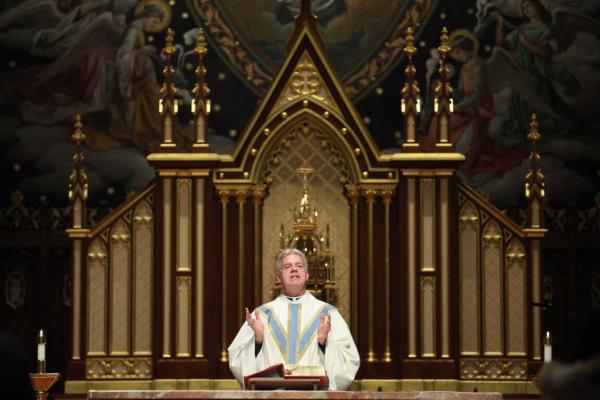Jan 12, 2017
It has also been five months since Myers suspended me from all priestly ministry, for my “disobedience” in continuing to be involved with that same work against LGBT discrimination.
That’s given me a lot of time to think about what would happen when a new archbishop came to Newark, and what my future would be.
Read the Full Article

Already a subscriber? Login
